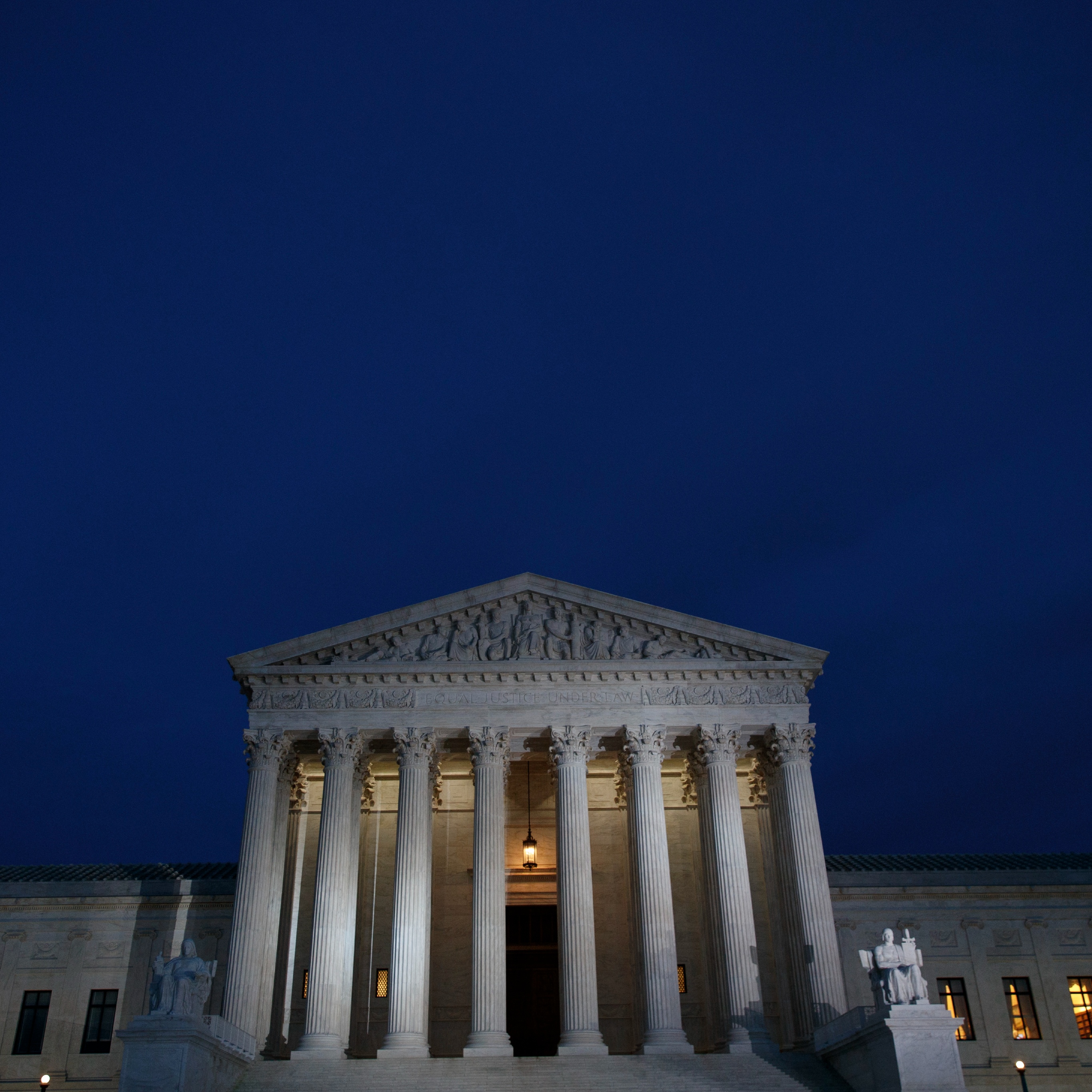
On Wednesday, Dec. 13, the United States Supreme Court announced it has agreed to take on a major medication abortion case that could curtail access to what is most commonly referred to as the abortion pill.
Medication abortion is the most commonly used type of abortion care in the United States, accounting for 53 percent of all facility-based abortions in the country, according to the Guttmacher Institute, a pro-abortion rights research and policy organization.
Earlier this year, a Texas U.S. District Court invalidated the Food and Drug Administration’s (FDA) decades-long approval of mifepristone—a drug that blocks the pregnancy hormone progesterone, which is needed for a pregnancy to continue. When used with misoprostol—which softens the cervix and induces contractions—it is used to end a pregnancy up to 10 weeks gestation, or 70 days after the first day of a pregnant person’s last menstrual period.
The ruling ordered the FDA to remove mifepristone from markets nationwide, demolishing access to medication abortion not just in Texas but states that protect abortion rights.
In April, following the ruling, the 5th U.S. The Circuit Court of Appeals intervened, refusing to suspend the FDA’s approval of the medication but maintaining restrictions on accessing the pill, including preventing it from being sent to patients via mail.
Shortly after, the Department of Justice and the Biden Administration asked the Supreme Court to step in. In April, the Supreme Court blocked the Texas U.S. District’s judge ruling in full, allowing the abortion pill to be widely available but also kicking the proverbial can down the road… because of course they did.
So now, here we are.
The Court’s decision to hear the case marks the first major high court legal dispute involving abortion care since the overtly anti-abortion, conservative members of the Supreme Court voted to overturn Roe v Wade, ending 50 years of legal precedent and rescinding a constitutional right afforded to Americans for the first time in U.S. history.
The justices will hear oral arguments early next year and are expected to issue a ruling by the end of June, 2024. If you’re a fan of debilitating anxiety and an impending sense of dread, mark your calendars.
The current Supreme Court has been openly hostile to abortion access, despite pinky-swear promises from the conservative members to honor 50 years of legal precedent.
Justice Samuel Alito—who wrote in his decision to dismantle Roe that the ruling was “egregiously wrong from the start” and “its reasoning was exceptionally weak”—said during his 2006 confirmation hearing that Roe v Wade was an “important precedent of the Supreme Court.”
Whoops.
Justice Clarence Thomas claimed that “those of us who have become judges understand that we have to begin to shed the personal opinions we have,” in regards to Roe during his confirmation hearing. He also voted to overturn Roe, before turning his sites on Supreme Court rulings that established the right to same-sex marriage and access to birth control.
I’ll give you two guesses as to what Donald Trump appointed-Justices Neil Gorsuch, Brett Kavanaugh and Amy Coney Barrtt said during their hearings versus their Roe v Wade decisions, but you’re only going to need one. (Hint: Trump promised to only appoint Justices that would overturn Roe v Wade. It’s one of the very few promises the man has ever made good on.)
At a time when story after story of women being denied abortion care after being diagnosed with a catastrophic pregnancy complication or fatal fetal abnormality—most recently in Texas, where a woman was forced to flee the state to obtain an abortion after being diagnosed with a non-viable pregnancy that threatened her life and future fertility—the horror show that is abortion access in the United States is not likely to end in 2024. Happy New Year, indeed.







